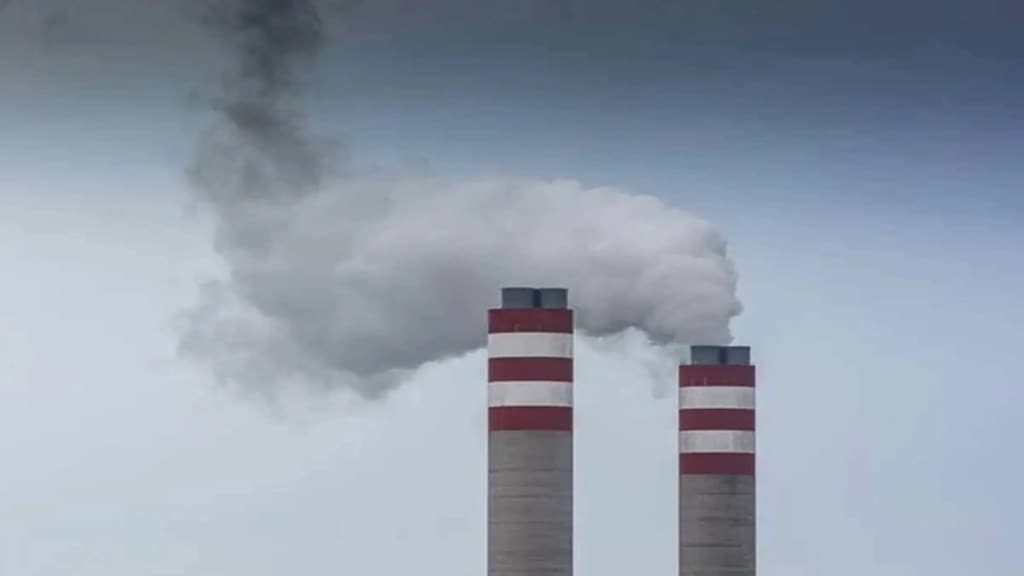In a bid to promote sustainability, the government will likely spell out its intent to put in place a comprehensive framework to develop a voluntary carbon market in India in the Budget for FY24, sources close to the development told FE.
“India’s G20 presidency has presented it a good opportunity to further showcase its sustainability credentials. Developing an architecture on carbon markets will be a crucial step in this regard,” a source said.
Carbon markets refer to trading systems in which carbon credits are sold and bought by businesses and others. Carbon credits are the underlying commodities which allow the buyer to retire a certain amount of greenhouse gas emissions and help them meet their targeted reduction in emissions. Such markets have gained traction in recent years, as a growing number of companies globally are committing to net-zero emission targets.
Also Read: Union Budget 2023-24 may skip I-T slabs rejig, tax sops
Voluntary carbon markets refer to the issuance, buying and selling of carbon credits, on a voluntary basis, according to the United Nations Development Programme (UNDP). One tradable carbon credit usually equals one tonne of carbon dioxide or the equivalent amount of a different greenhouse gas reduced, sequestered or avoided, according to the UNDP. The combined value of the world’s carbon markets hit $272 billion in 2020.
Also Read: Budget FY24 to step up spending on health, education
The move comes after a 10-member panel on sustainable finance, set up by the IFSC Authority (IFSCA), called on the government to set up a voluntary carbon market in India. It was headed by former environment secretary CK Mishra. The IFSCA, the panel has suggested, can bolster the International Financial Services Centre’s sustainability credentials by championing creating a voluntary carbon market there.
Globally, carbon credit trading usually happens over the counter or through exchanges like CTX Global, AirCarbon Exchange, etc.
The panel’s report has flagged efforts by several jurisdictions to promote carbon markets and suggested that India, too, can follow suit. A carbon market work stream has been set up by Hong Kong to establish the feasibility of developing it as a regional carbon trading centre. Climate Impact X of Singapore aims to scale up voluntary carbon market. The UK has announced its intent to develop London as a global hub for voluntary carbon credit trade. The Commonwealth Bank of Australia has declared that it would invest $15 million in Xpansiv, a provider of market places for ESG commodities, to build infrastructure to boost Australia’s voluntary carbon market.

